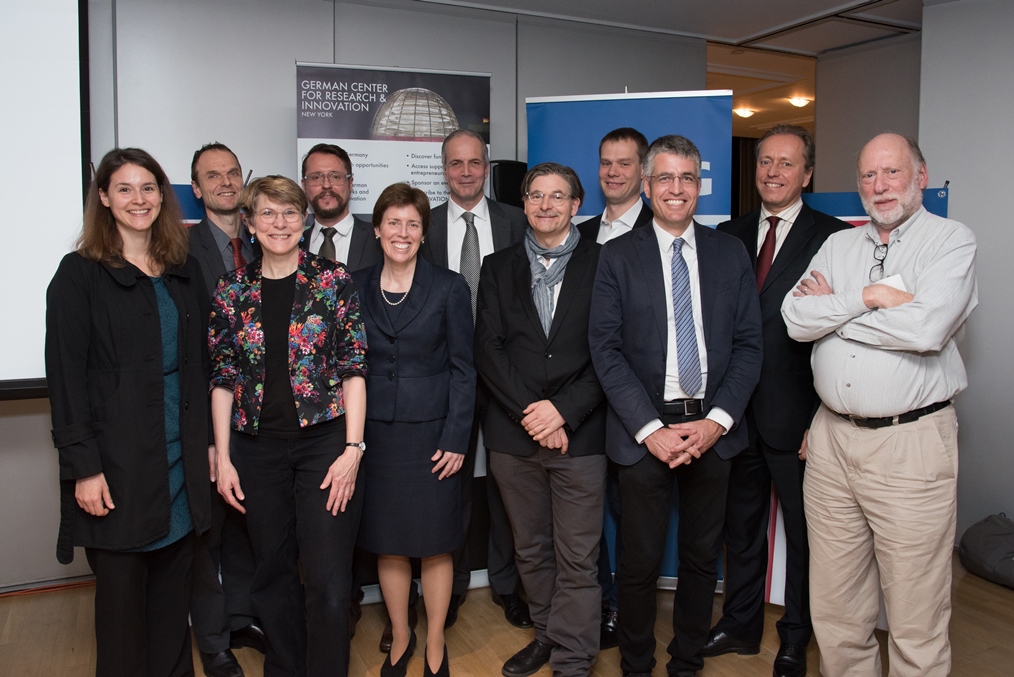Booming Populism - On the Practice and Language of Political Polarization
Think Lab & Panel Discussion
New York City | November 14-17, 2016
Booming Populism
 During the course of the Brexit referendum and the presidential elections, both the EU and the US have seen a rise of populist political reasoning.
During the course of the Brexit referendum and the presidential elections, both the EU and the US have seen a rise of populist political reasoning.
Polarizing, overly simplifying or misleading communications of social, cultural and economic developments dominate current political debates and influence public perceptions of nationhood, inner security and minority politics. By claiming to speak in the name of ordinary people, politicians emphasize the direct democratic nature of their actions while at the same time often explicitly excluding certain groups of people from their societal models.
Think Lab & Panel
By bringing together social scientists and journalists with diverse areas of expertise, the event enabled a multilayered analysis of the current political implications of populism in its various forms and the role of different – e.g. corporate vs. social – media in the distribution of information, in functioning as a public corrective, and in the shaping of public opinion.
Since the topic of political populism and the potential emanating threats to liberal democracies is ultimately relevant on both sides of the Atlantic, the event fathomed to what extent different scientific perspectives – social scientists’ and journalists’, Europeans’ and Americans’ – are interrelated or divergent.

A novel event format led to a high-profile panel discussion by challenging the renowned experts in the field with questions and hypotheses developed in the think lab of young researchers.
If you would like to learn more, please download our Event Flyer.
Experts
Michael Werz | Center for American Progress
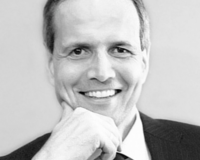 Michael Werz is a Senior Fellow at the Center for American Progress where he is member of the National Security Team. Previously, he has been a Senior Transatlantic Fellow at the German Marshall Fund where his work focused on transatlantic foreign policy and the European Union. He is currently an adjunct professor at Georgetown University’s BMW Center for German and European Studies. Werz has published extensively on a wide range of scholarly and policy issues including race and ethnicity in the 20th century; Western social and intellectual history; minorities in Europe and the United States; ethnic conflicts, politics in Europe, and anti-Americanism.
Michael Werz is a Senior Fellow at the Center for American Progress where he is member of the National Security Team. Previously, he has been a Senior Transatlantic Fellow at the German Marshall Fund where his work focused on transatlantic foreign policy and the European Union. He is currently an adjunct professor at Georgetown University’s BMW Center for German and European Studies. Werz has published extensively on a wide range of scholarly and policy issues including race and ethnicity in the 20th century; Western social and intellectual history; minorities in Europe and the United States; ethnic conflicts, politics in Europe, and anti-Americanism.
Michael Werz sees populism as a sociological miracle: The populist leader conveys to his supporters, that they are members of an elite, that is privy to the conspiracies that govern modern mass societies, and that they are — at the same time — members of the (silent) majority. Populist movements derive their longevity from establishing this contradictory dynamic of a conformist rebellion. Populisms drives traditional patterns of mobilization in a news cycle-democracy to the extreme: It relies on the personalization of ideas and arguments and offers magic political formula that seemingly reduces clashing interests to a common denominator.
Jan-Werner Müller | Princeton University
 Jan-Werner Müller is a Professor of Politics at Princeton University and also a fellow at the Institute of Human Sciences, Vienna, during the academic year 2016-7. He works mostly on democratic theory and the history of European political thought. Amongst others, he has been a fellow at All Souls College, Oxford, the Center for European Studies, Harvard, and the Institute of Advanced Study, Princeton. He is the author of Constitutional Patriotism (2007), Contesting Democracy: Political Ideas in Twentieth Century Europe (2011) and What is Populism? (2016), among other books. His public affairs commentary has appeared in leading international newspapers and journals.
Jan-Werner Müller is a Professor of Politics at Princeton University and also a fellow at the Institute of Human Sciences, Vienna, during the academic year 2016-7. He works mostly on democratic theory and the history of European political thought. Amongst others, he has been a fellow at All Souls College, Oxford, the Center for European Studies, Harvard, and the Institute of Advanced Study, Princeton. He is the author of Constitutional Patriotism (2007), Contesting Democracy: Political Ideas in Twentieth Century Europe (2011) and What is Populism? (2016), among other books. His public affairs commentary has appeared in leading international newspapers and journals.
Jan-Werner Müller sees at populism's core a rejection of democratic pluralism. He contests conventional wisdom according to which populists cannot actually govern. He argues that populists can govern on the basis of their claim to exclusive moral representation of the people and their true interests. He proposes a number of concrete strategies for how liberal democrats should best deal with populists.
Todd Gitlin | Columbia University
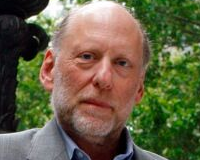 Todd Gitlin teaches Journalism and Sociology and is the chair of the PhD program in Communications at Columbia University. He is a writer, novelist, and public intellectual. He holds degrees from Harvard University (mathematics), the University of Michigan (political science), and the University of California, Berkeley (sociology). He has published widely in general periodicals (The New York Times, Los Angeles Times, Washington Post, et al.), online magazines and scholarly journals. He is a columnist, a media commentator, and a member of the editorial board of Dissent. He is the author of Occupy Nation: The Roots, the Spirit, and the Promise of Occupy Wall Street (2012) and The Bulldozer and the Big Tent: Blind Republicans, Lame Democrats, and the Recovery of American Ideals (2007).
Todd Gitlin teaches Journalism and Sociology and is the chair of the PhD program in Communications at Columbia University. He is a writer, novelist, and public intellectual. He holds degrees from Harvard University (mathematics), the University of Michigan (political science), and the University of California, Berkeley (sociology). He has published widely in general periodicals (The New York Times, Los Angeles Times, Washington Post, et al.), online magazines and scholarly journals. He is a columnist, a media commentator, and a member of the editorial board of Dissent. He is the author of Occupy Nation: The Roots, the Spirit, and the Promise of Occupy Wall Street (2012) and The Bulldozer and the Big Tent: Blind Republicans, Lame Democrats, and the Recovery of American Ideals (2007).
Tara McGuiness | The White House
 Tara McGuinness is a Senior Advisor to the Director of the White House’s Office of Management and Budget and Executive Director of the Community Solutions Team. Her portfolio includes work on evidence-based policies to improve economic and social outcomes in rural and urban America. From 2013 to 2015 she served as a Senior Communications Advisor and a member of the White House team working to implement the Affordable Care Act. She worked to develop and helped execute the outreach effort that signed up millions of uninsured Americans for health care. She has been working at the nexus of public policy and citizen engagement for over a decade. Prior to joining the White House, she was the Executive Director of the Center for American Progress Action Fund and a senior vice-president at the think tank, the Center for American Progress where she worked on a wide-range of issues from economic equity to climate and resilience policies. Tara also worked oversees for the National Democratic Institute for International Affairs with postings in Nepal, Bangladesh and Ethiopia. Tara is a graduate of the University of Pennsylvania in urban studies.
Tara McGuinness is a Senior Advisor to the Director of the White House’s Office of Management and Budget and Executive Director of the Community Solutions Team. Her portfolio includes work on evidence-based policies to improve economic and social outcomes in rural and urban America. From 2013 to 2015 she served as a Senior Communications Advisor and a member of the White House team working to implement the Affordable Care Act. She worked to develop and helped execute the outreach effort that signed up millions of uninsured Americans for health care. She has been working at the nexus of public policy and citizen engagement for over a decade. Prior to joining the White House, she was the Executive Director of the Center for American Progress Action Fund and a senior vice-president at the think tank, the Center for American Progress where she worked on a wide-range of issues from economic equity to climate and resilience policies. Tara also worked oversees for the National Democratic Institute for International Affairs with postings in Nepal, Bangladesh and Ethiopia. Tara is a graduate of the University of Pennsylvania in urban studies.
Martin Nonhoff | BIGSSS, University of Bremen
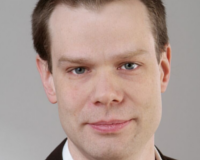 Martin Nonhoff teaches political theory at the University of Bremen and is one of the field chairs at the Bremen International Graduate School of Social Sciences (BIGSSS). At the moment, he is a visiting scholar at Cornell University. His research interests are among others democratic theory, theories of power and hegemony, theories of discourse and economic and tax policies. His publications include Politischer Diskurs und Hegemonie (2006) and articles on radical democratic theory.
Martin Nonhoff teaches political theory at the University of Bremen and is one of the field chairs at the Bremen International Graduate School of Social Sciences (BIGSSS). At the moment, he is a visiting scholar at Cornell University. His research interests are among others democratic theory, theories of power and hegemony, theories of discourse and economic and tax policies. His publications include Politischer Diskurs und Hegemonie (2006) and articles on radical democratic theory.
Martin Nonhoff views populism as an unavoidable element of modern democracy, as a counterweight, able to question the results of pluralist interest politics as well as of the constitutional interplay of institutionalized powers. However, he also thinks that populisms can be potentially dangerous if they rest on absolute truth claims and if these claims are not sufficiently countered by representative politics.
Andi Tucher | Columbia University Graduate School of Journalism
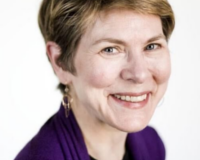 Andie Tucher, a historian, is Professor and Director of the Communications PhD Program at the Columbia Journalism School. Before coming to Columbia she worked as a television journalist, focusing on documentaries about politics and society, and as a campaign speechwriter for Clinton/Gore '92. Her current work centers on the evolution of conventions of truth-telling in journalism, photography, personal narrative, and other nonfiction forms. She is the author of Happily Sometimes After: Discovering Stories From Twelve Generations of an American Family (2014); Froth and Scum: Truth, Beauty, Goodness, and the Ax Murder in America’s First Mass Medium (1994); and many articles in popular and scholarly publications.
Andie Tucher, a historian, is Professor and Director of the Communications PhD Program at the Columbia Journalism School. Before coming to Columbia she worked as a television journalist, focusing on documentaries about politics and society, and as a campaign speechwriter for Clinton/Gore '92. Her current work centers on the evolution of conventions of truth-telling in journalism, photography, personal narrative, and other nonfiction forms. She is the author of Happily Sometimes After: Discovering Stories From Twelve Generations of an American Family (2014); Froth and Scum: Truth, Beauty, Goodness, and the Ax Murder in America’s First Mass Medium (1994); and many articles in popular and scholarly publications.
Andie Tucher thinks that populism is notoriously difficult to define, but most of the time the label is meant as a compliment only by those who apply it to themselves.

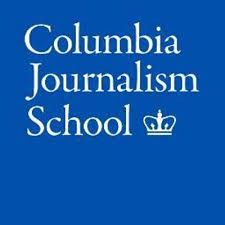





Panel Discussion on Populism 2016
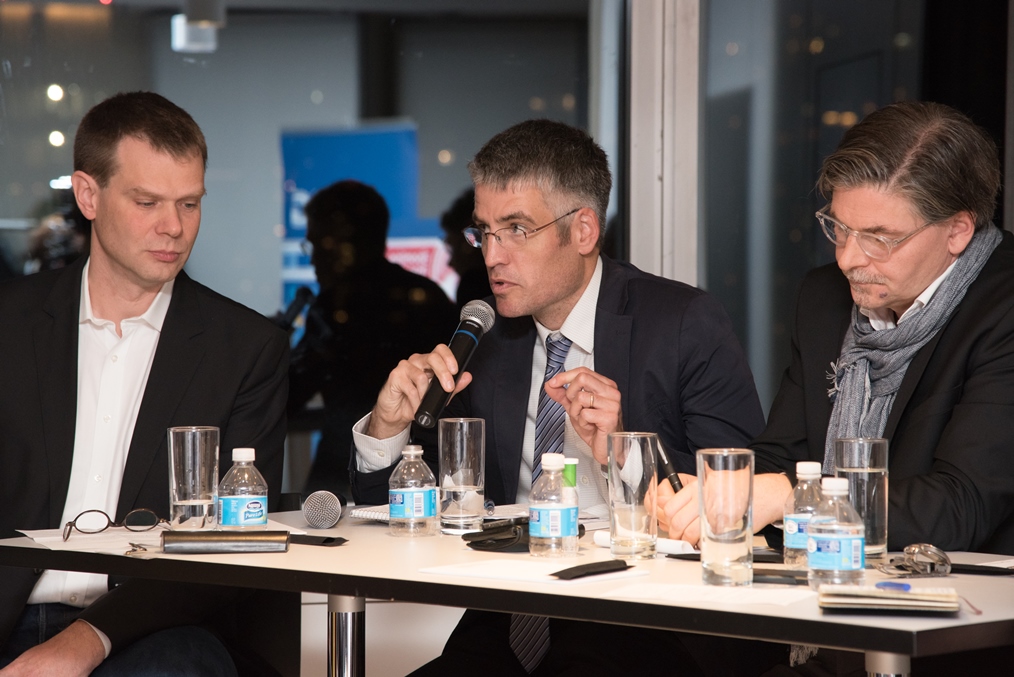
Watch a short clip (5min) of the panel discussion on "Booming Populism".

